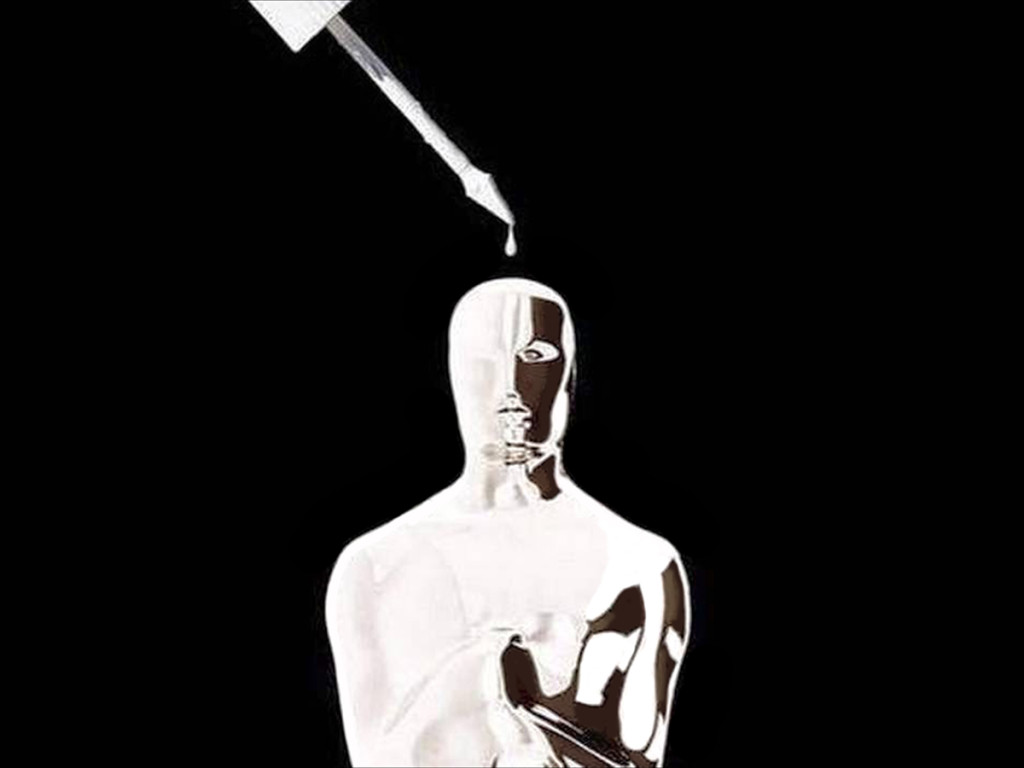
The Academy Awards are some of the most prestigious acknowledgments in the Hollywood film industry. Movies that are nominated are chosen not simply for their popularity, but for their artistry and excellence. The buzz around an actor, director and cinematographer from simply being recognized can propel even a newcomer’s career to great success. Each year, these awards are supposed to summarize the accomplishments of the industry and capture how we’ve all changed as we move from one year to the next.
But for the second year in a row, the Oscar nominations have been a great disappointment; for the second year in a row, the Oscar nominees are overwhelmingly all white.
Despite backlash after last year’s lack of diversity when it came to nominations, each of the nominations for acting categories went to all white actors and actresses, and the directors for Best Picture were also all male and all white, except for the lone Alejandro Inarritu for “The Revenant.” These choices were not made for a lack of quality diversity within the year, as there were more than a few notable movies featuring people of color, such as “Straight Outta Compton, “Creed” and even “Star Wars: The Force Awakens” that were rumored to be Oscar-worthy. Of course when these films did receive a little recognition, the nominations went to white members of the cast: Sylvester Stallone from “Creed” for Actor in a Supporting Role, Jonathan Herman from “Straight Outta Compton” for Original Screenplay, and various people from “Star Wars” for Score, Sound Mixing and Visual Effects.
This is the sign of a true problem: both a lack of proper representation and diversity as well as a reluctance to appreciate it. When, out of the 2,947 Oscars ever awarded in the show’s history, only 14 have gone to people of color, the weak argument that maybe actors and directors of color just “aren’t good enough” is a lie to stop us from confronting the issue at hand.
The Academy of Motion Picture Arts and Sciences is the professional organization in charge of the nominations, which consists of 94 percent white people, 76 percent males and an overall average age of 63; a rather homogeneous group of people who have remained very much the same since the conception of the Academy. It’s natural for people to love the stories they can relate to, the movies that speak to them because they resonate with the characters in it. And with these people making the decisions on what is Oscar-worthy, perhaps it makes sense that a person of color hasn’t won Best Actor since Jamie Foxx in 2005 or Best Actress since Halle Berry in 2002. The problem stems straight from the Academy.
With few voices from people of color speaking up within the Academy for the movies that are meaningful to their communities or for the rising actors and actresses shining in diverse roles on screen, they’re not represented in the voting process and their views are not being taken into account. And because of this, we miss out on so many talented actors, actresses, stories and messages getting their exposure in the media. And as a society, we grow so much with more representation.
After years of seeing people who look nothing like you dominate all forms of television, movies and music, seeing someone relatable rise to fame is extremely empowering. When someone like us succeeds it reminds us of the potential that we have to succeed, too. Just like a young dark-skinned and self-conscious Lupita Nyong’o was inspired by the rise of Alek Wek, an equally dark-skinned model and fashion designer, an Oscar win by a person of color can inspire a whole new generation to achieve more.
And diversity is beneficial for all of us. The ideas that we lose out on and the perspectives we miss when we don’t give everyone a voice are invaluable. We learn so much about human nature from what we see in the media, so imagine the possibilities that can come from more views, more stories and more cross-cultural understanding.
Nobody is saying that the talented actors and actresses who were nominated do not deserve recognition; no one is saying that those five incredible movies do not deserve a chance to win the title of the Best Picture. But these award shows are like a snapshot in time, a night after so much hard work in the industry where we are all invited to remember the victories and successes and moments that moved us. And though it’s become evident the Academy hasn’t done the best job of capturing all of the magic and variety that Hollywood has to offer, at least they’ve recognized the need for change. As of Jan. 22, the Academy has decided to take historic action to increase diversity in its voting pool.
While these measures show promise, we can’t become complacent with the idea that this will solve everything, because it won’t. We need to continue fighting for diversity, fighting for people of color and fighting for the next generation of people who are waiting to become inspired. Their stories need to be acknowledged and awarded.








